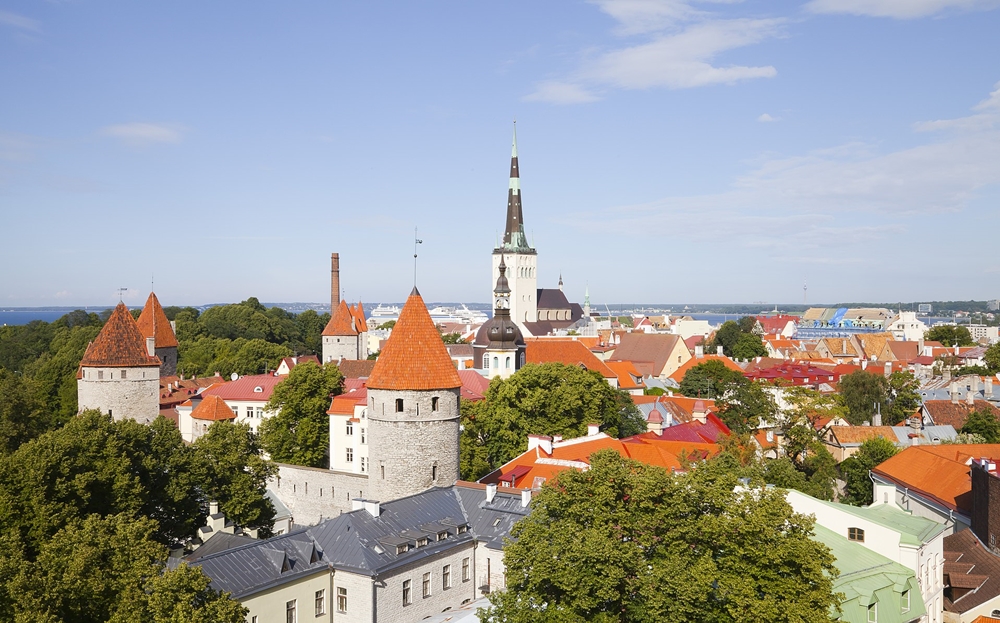RUSSIA MONITOR
Date: 13 April 2018
Estonia vs. Russian spies. A new report
Estonian Kaitsepolitsei counterintelligence published an annual report for 2017. It shows that the activity of Russian intelligence on the Estonian territory is still intense. This is reflected e.g. by the last year arrest of four Russian spies. An increasing interest of GRU military intelligence in Estonia also draws attention. As usual, FSB remains the most active, especially in the border zone, where it is using both Russian citizens and ethnic Russians living in Estonia.

In the report on the state security level (“Aastaraamat”) published annually since 1998, Kaitsepolitsei (Security Service) reveals the methods of Russian activity, naming people and organisations suspected of contacts with Russian secret services. The recently published report shows that in 2017 Estonian counterintelligence arrested four Russian spies. Among them, there is an intelligence agent, who sought for political asylum and a man accused of trying to hack the government network.
Mikhail Petrov, a resident of Pskov, who came to Estonia to ask for political asylum was one of caught spies. He claimed that he was being persecuted in Russia for advocating the end of war in Ukraine. Now, Kaitsepolitsei (KAPO) revealed that in fact it was a part of Russian secret operations. It turned out that Petrov was an FSB agent. Since the nineties he was gathering and passing information on KAPO’s objects and employees to FSB. He was sentenced to 5 years in prison. KAPO also revealed that another Russian spy was lately sentenced to 4 years in prison. Ilya Tichanovsky worked for GRU. He was arrested in December 2017. Another caught spy is Aleksey Vasilyev – he got 4 years in prison, among others, for cyber spying.
The KAPO report shows the increase in the spying activity of GRU, the Russian secret service. Counterintelligence also warns that one of Russian services’ main objects of interest are people who have an access to digital government data. In its report for 2017 KAPO draws attention to the fact that Russia is more and more concerned with actions aimed at young people of Russian roots living in Estonia. Attempts of recruitment are made during parties gathering young Russians from different countries. But their main objective is the indoctrination to cease the pace of integration of the Russian-speaking youth with the Estonian society.
KAPO is a secret service considered as one of the best and most resistant to Russian infiltration counterintelligences in the former Eastern Bloc. It is admitted by Russians themselves for whom the Estonian secret service is for years one of the toughest opponents in Europe.
_________________________________
All texts published by the Warsaw Institute Foundation may be disseminated on the condition that their origin is credited. Images may not be used without permission.














